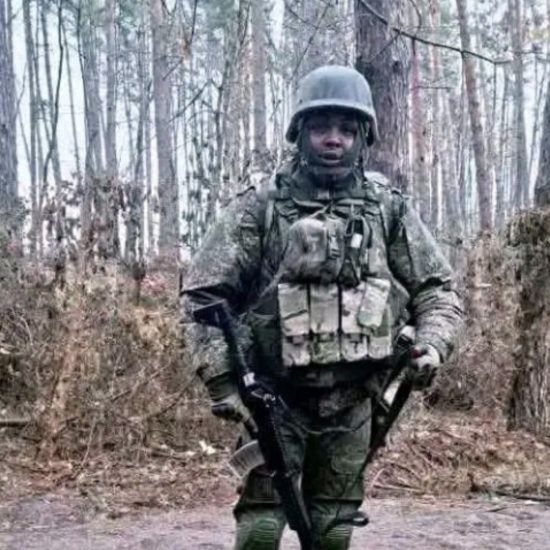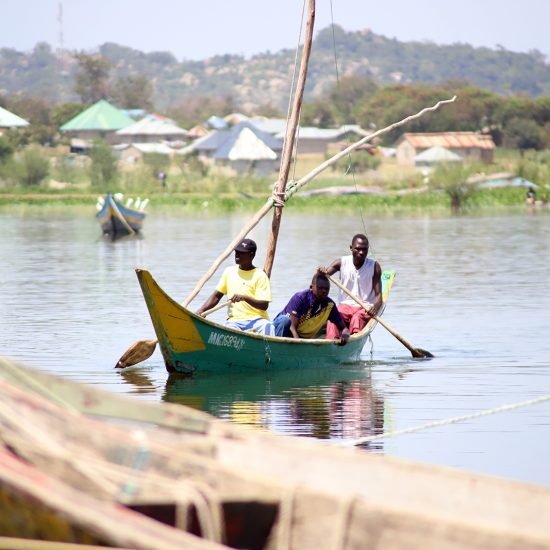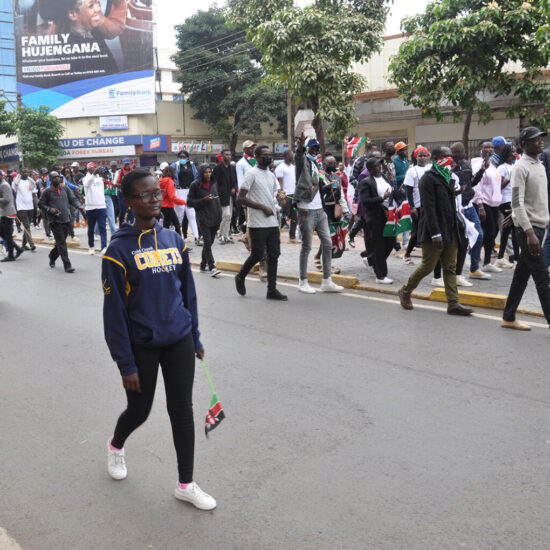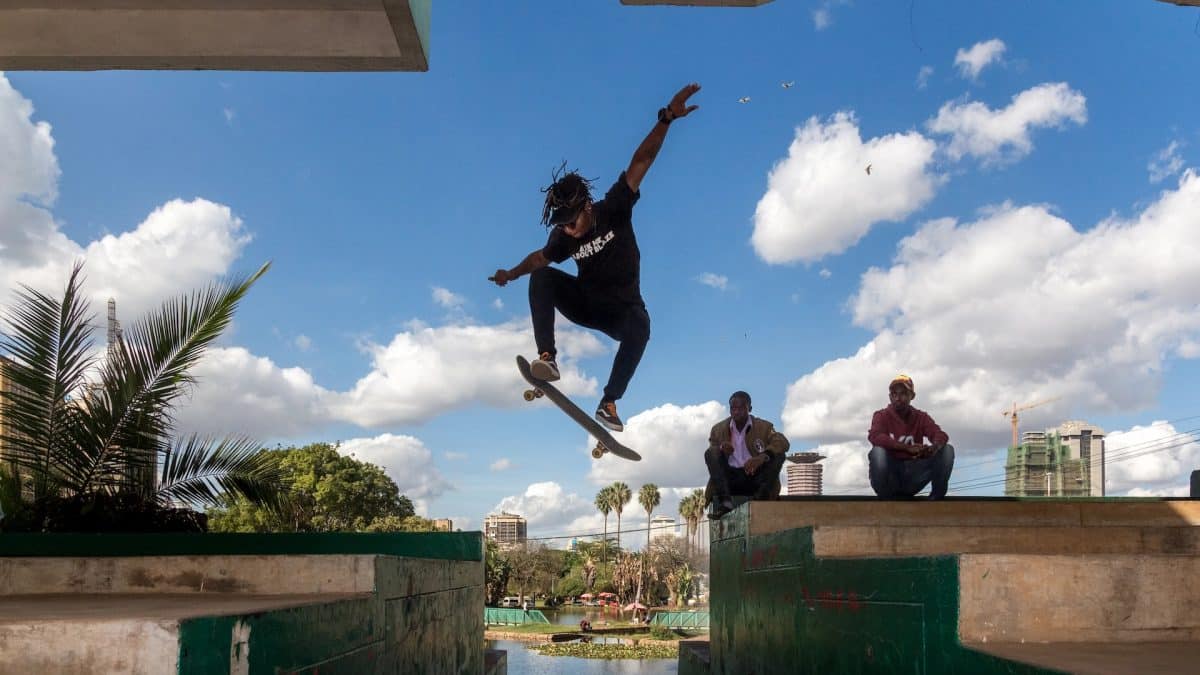
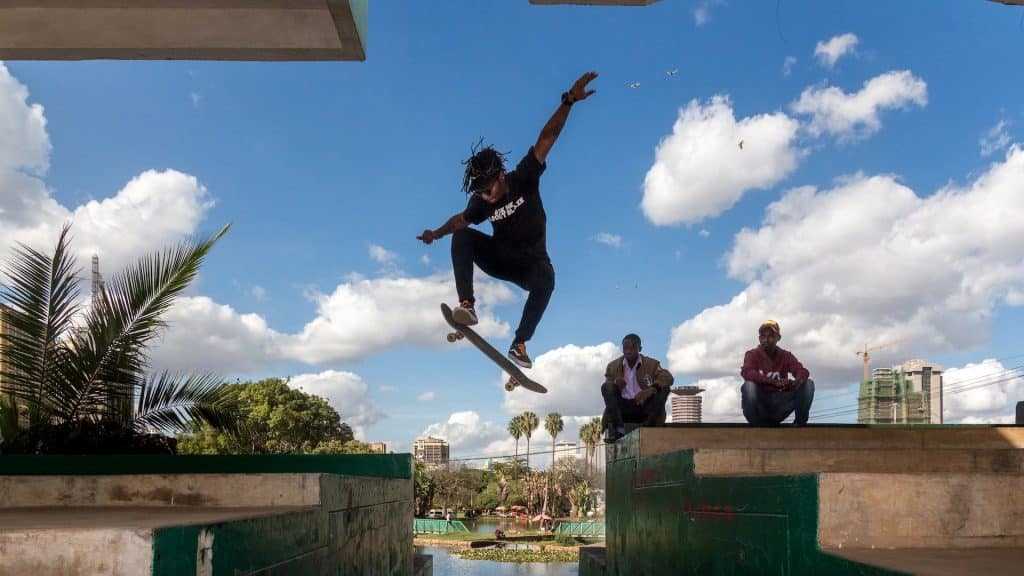
Kelvin Murage uses skateboarding to share the Gospel in Nairobi, Kenya, and in a global skateboarding community. Photo by Anthony Rivers
NAIROBI, Kenya (BP) — Kelvin took the wheels off a suitcase and the back off a chair, then screwed them together to jerry-rig a skateboard.
The then-12-year-old drew his mother’s ire for destroying a good suitcase and one of the family chairs, but her scolding didn’t thwart her son, who had no idea how fast his life would roll on from there.
Nairobi’s ‘King of Skate’
Buzzing through the streets of Nairobi’s city square, across the steps in Uhuru Park and through the central business district, the skateboarding crowd can hardly go unnoticed. With 3.5 million people and counting, about 75 percent of whom are under the age of 30, Nairobi is the perfect place for the skateboarding culture.
Kelvin Murage, who’s earned the title “King of Skate” several times in local skate-offs (like dance-offs), gave me the chance to see the East African skateboarding scene through the eyes of one of its own.
Dressed in khaki shorts, a plaid button-up with sleeves rolled and the classic flat-bottomed skater shoe, Kelvin blends in well with university students and young professionals crowded around tables in a local coffee shop taking a midday lunch break to visit with friends and drink a glass of chai.
But as Kelvin starts his story, it becomes clear this hasn’t always been his type of environment.
He grew up in a small farming community in central Kenya called Nyeri where life was not so easy. With only one older half-brother, he is the youngest child of his mother Jane, raised in what he described as a half-Christian family. His mother was a believer but his father — when he was around — was an abusive alcoholic.
The distance between houses in Nyeri was far, and his classmates at primary school were his only community. School also wasn’t a pleasant experience, he admitted with a grimace, saying he was shy and often quiet, making him an “easy target” for classmates to pick on.
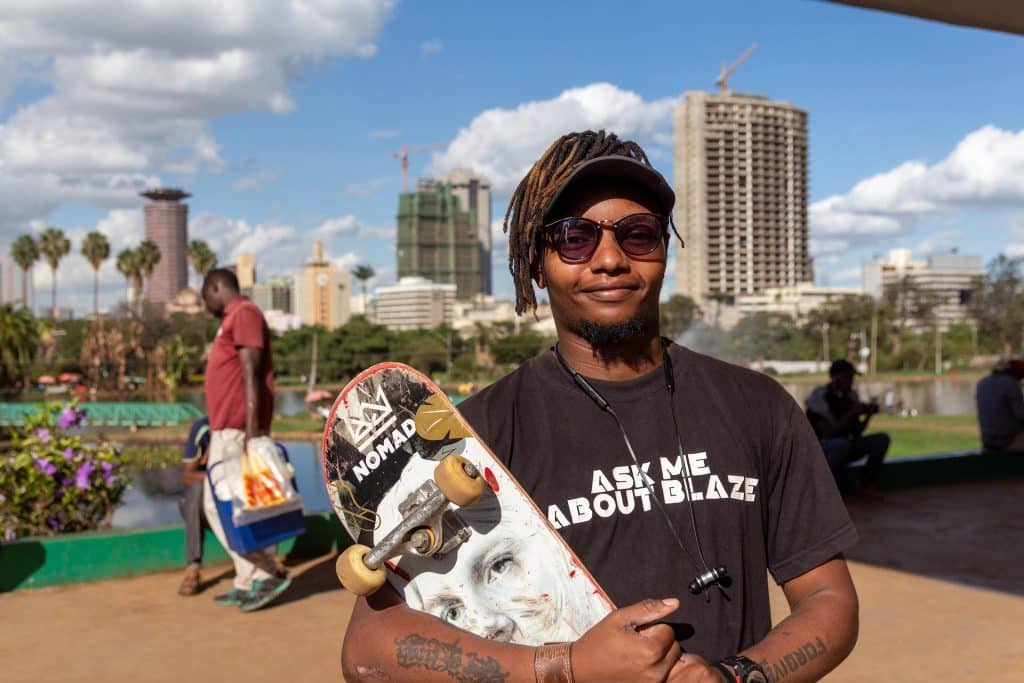
“The first time on that skateboard, it was love at first sight,” Kenya’s “King of Skate” Kelvin Murage recounts of a passion now fortified by a faith that changed his life. Photo by Anthony Rivers
When Kelvin was 12, his family purchased a television with three channels: one for movies, one for news and one for cartoons. He spent his summer watching cartoons and an occasional movie. One day a skateboarder flashed across the screen during a movie. Having never seen one before, he was instantly hooked.
Fashioning a makeshift skateboard, Kelvin took it out for a test ride. Although the grass and rocks of rural Kenya weren’t optimal, he knew this mode of transportation was the beginning of a journey.
Skating into community
As time passed, Kelvin continued to tinker with skateboards he made himself. When his school received computers and the internet during his last year there, like most teenagers across the world he discovered YouTube. One day, he watched a video about a competition in Nairobi where one of his classmates had taken second place.
Kelvin bombarded the classmate with questions and then bought his first board for 2,300KES (about $23), which took several months — and refraining from after-school donuts — to save from his allowance.
“The first time on that skateboard,” he recounted, “it was love at first sight.”
When Kelvin finished school, he headed off to the University of Nairobi, books under one arm, skateboard under the other, and quickly found a community willing to accept him — skateboarders.
Many of the skaters struggled with alcohol and drug abuse, a struggle Kelvin knew well from his experiences with his father. Though he wasn’t interested in adopting that part of their lifestyle, he joined them simply for the chance to skate with others who shared his interest. Together they skated across campus and in Uhuru Park.
One day, a missionary approached the group because he also was interested in skateboarding. As the conversation progressed, Kelvin heard the Gospel and was invited to a Bible study. Sitting among people with open Bibles, he finally understood the difference between Christ as his Savior and “Christian” as a cultural label. He claimed a life in Christ that day and left the Bible study a changed young man.
From that point on, he wondered how many young Kenyans faced the same struggles he did growing up. How many of his skateboarding friends needed to hear this same truth? As Kelvin grew in his walk with the Lord, he was burdened with a desire for his friends to know truth.
In 2016, Kenya’s popular communications company Safaricom launched a television network to provide resources and training for the country’s large youth population to help them find jobs and start their own creative businesses. They debuted the initiative with an advertising campaign showcasing a drummer, an artist, a dancer, a Muay Thai fighter and a skater.
Kelvin was selected as the skater, and he instantly became one of the faces of Kenya’s skateboarding culture.
He suddenly had an unexpected platform to share the truth of the Gospel — not just with his friends in Kenya, but through connections in international skating ministries like Skaters for Christ. He now rides the skateboarding circuit, sharing an all-too-common story of a childhood filled with rejection, but also a not-too-common ending of finding full acceptance before God in Christ.
“We are all gifted differently, and it is all for the glory of God,” Kelvin said as he wrapped up his story of sharing the Good News to young men looking for somewhere, or Someone, to whom they can belong.
“You know what’s at stake?” he said, knowing that his skateboarding talent is the way by which God has sent him out to herald Good News in Nairobi and beyond.
“People need Jesus.”

